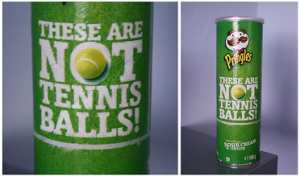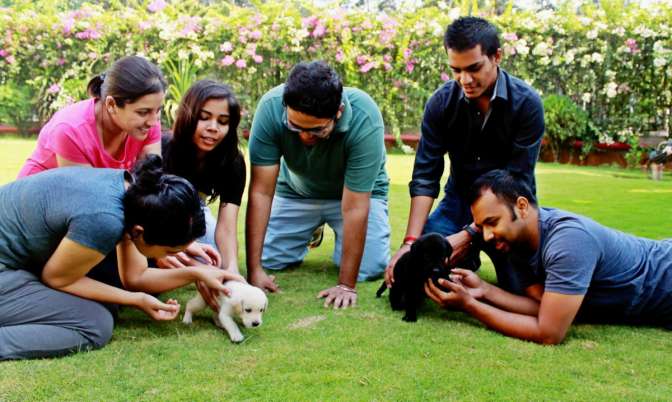In majority of ambush marketing cases, one brand pays a hefty sum to become an exclusive sponsor of an event. This exclusivity creates problems to the other similar brands, which also want to market themselves in such events. Therefore, the brands that are not sponsoring the event adopt ambush marketing techniques.

Ambush marketing has varied consequences. Firstly, the commercial value of the event may reduce since the actual sponsors might get apprehensive about spending so much on the event, when their rivals are reaping benefits even without spending a penny. Secondly, some people, especially the organizers of the event feel that it creates a very unhealthy competitive environment. Finally, from the point of view of the company, every company would want to be an ambusher instead of paying a huge amount for sponsoring.
[The article has been contributed by Deepika Raghavan. She is an MBA in Marketing at FORE School of Management,New Delhi. We wish her the very best for her future. ]
You might like reading:

Diversity of workforce- A new business challenge !
Introduction The world around is a mixture of people bringing vitality to our lives. Diversity is not a new phenomenon which we are experiencing today, but the differences between homo sapiens is becoming more prominent. The surge in this can be attributed to rise in reach of media and more important, the rise in activists who fight for the rights […]

Symbiosis Bangalore students can now put a ‘paws’ on stress!
Symbiosis Bangalore Campus welcomes two four-legged happy pooches, Birr & Baht, to enhance emotional and physical well-being of students. It becomes the 1st campus in Karnataka and 2nd in India only after Pune campus to implement this wonderful initiative. The campus is shared by two institutes – Symbiosis Institute of Business Management (SIBM), Bengaluru and Symbiosis School of Media & […]































